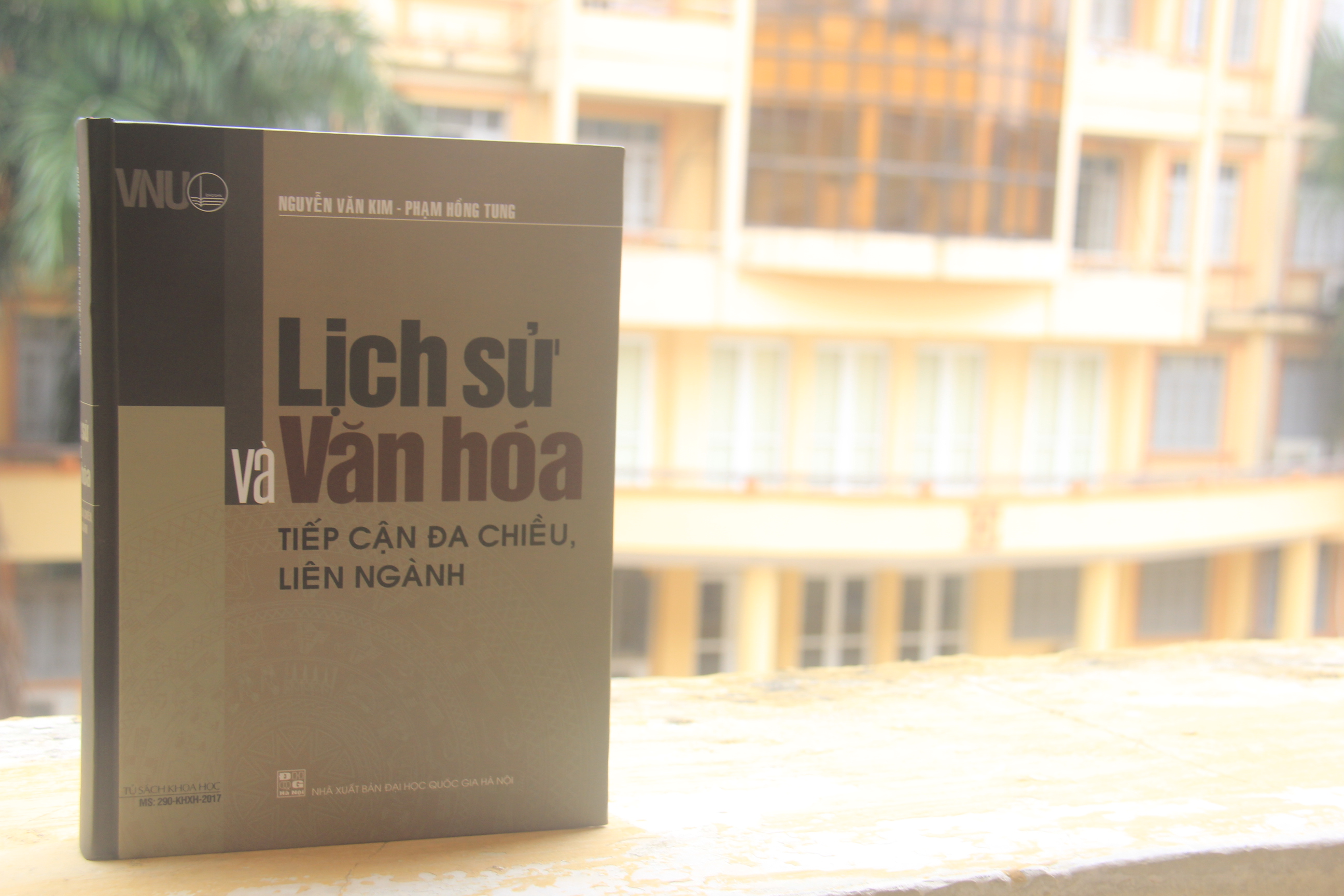Those who study and research history seek to engage with the past through different "channels" and "methods." "Channels" here refer to historical sources and the means by which one accesses this information. "Methods" refer to research methods and approaches that historians employ in understanding and exploring historical events, figures, and processes. Both "channels" and "methods" are important and interact closely, supporting each other in the process of historical study and research in their "dialogue" with the past. If a researcher limits themselves to certain "methods," they may only be able to identify, collect, and utilize a limited number of historical sources. Conversely, by boldly embracing and applying new research methods and approaches, historians can identify, collect, and utilize many other historical sources, or gain a clearer understanding of the value and reliability of existing sources. Meanwhile, the ability to access and utilize new sources of scientific data and information often forces researchers to change their perspectives, assessments, approaches, and even innovate their entire system of research methods and techniques.
History, first and foremost, is the history of humankind and nothing else but the life of humanity in different historical spaces and times. And human life, and the life of humanity in general, is always rich, multifaceted, and multidimensional. Therefore, historical science, from its very beginnings, has been an interdisciplinary science. For historical understanding to achieve comprehensiveness, empirical evidence, objectivity, and authenticity, it must be based on an interdisciplinary, multidimensional, and multi-perspective research methodology and approach.
However, like any human activity, the exploration and understanding of history by those who study and research history – whether professional or non-professional – depends heavily on the subjective factors of the historian themselves. Johann Martin Chladenius, a famous German historian and one of the founders of the discipline,Textual studiesAnd belonging to the school that emphasized the absolute objectivity of Western historiography in the Enlightenment, it was also necessary to acknowledge: "Those who demand that historians place themselves in the position of someone without religion, without a homeland, without a family, are making a great mistake, for they do not realize that they are demanding the impossible."

Therefore, as Professor Tran Quoc Vuong once pointed out, "there is always a gap between history - reality (Histoire – Réalité) and history - knowledge (Histoire – Conscience)." Generations of historians have always strived on the arduous journey of discovery, exploration, and self-discovery to reach objective historical truth. Objectivity and honesty, therefore, are considered the fundamental criteria of professional ethics for historians. At the same time, scientific theories serve as both the epistemological foundation and the guiding light for their research.
Nearly a century ago, when leading patriotic young intellectuals on the "Revolutionary Path," the patriot Nguyen Ai Quoc – Ho Chi Minh – stated a principle regarding the relationship and role of "ideology" (i.e., revolutionary theory) to the revolutionary party: "For the party to be strong, it must have an ideology as its core; everyone in the party must understand and follow that ideology. A party without an ideology is like a person without intelligence, or a ship without a compass." It can be said that scientific theory plays a role as important to historical research as revolutionary theory does to the revolutionary party. Broadly studying and the ability to update and apply these scientific theories to practical research is an objective requirement, shaping the essence of each school of historiography and creating a core element in the competence structure of each professional historian.
From the very beginning, following in the footsteps of our teachers at the Faculty of History, Hanoi University, for 36 years now, we have always cherished the principles and professional ethics that our teachers have instilled in us. Along each stage of our studies and research, we have had the opportunity to learn from masters in other historical fields around the world. The more we study and expand our knowledge, the more we appreciate what we have learned from the lectures at Me Tri - Thuong Dinh and from the excavation sites, fieldwork, observations, and research in many regions of the country.
The bookHistory and Culture – A Multidimensional, Interdisciplinary ApproachThis work is built upon the foundation of 25 dissertations that we have completed and published over the past 10 years. These are experiments, explorations, and discoveries on a number of issues in regional and world history, and in Vietnamese history and culture… Each dissertation is an independent study, an experiment in approaching and thinking about a professional issue based on the principle of a multi-dimensional, multi-faceted, and interdisciplinary approach. Certainly, not all of our experiments and explorations have achieved the expected success. However, what we strive for is honesty and a willingness to learn, seriousness and caution in our professional practices, and efforts to find new approaches and interpretations of the professional issues raised.
We hope this book will be a useful reference for colleagues, friends, and students in History and other social sciences and humanities disciplines. Your comments and suggestions will undoubtedly help us greatly in revising our research in future publications, and we express our sincerest gratitude for that.
Hanoi, Summer 2017
Author:Prof. Dr. Nguyen Van Kim and Prof. Dr. Pham Hong Tung
Newer news
Older news